No. Avocado is very wrong for chickens to feed on. Never give your chickens avocado to eat. This fruit is very nutritional for human beings and very beneficial for human health but dangerous for chickens. Chickens cannot and should not be fed with avocados. Why? Read on!
If you’re a chicken rearer or you own poultry or perhaps just a few chickens for personal consumption at best, one of the dilemmas you would likely find yourself in is what you can and cannot give to your chickens to eat. If you are interested in learning about raising backyard chickens we have a great blog post on that!
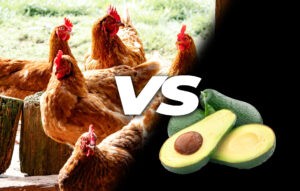
Chickens are delicate creatures, I know. And that’s the reason I specially curated a list of what you can and cannot feed your chickens with.
Chickens can feed on a lot of items. They are called “thrash feeders” for a reason. Leave your chickens out in the yard and they’re already scavenging for what they can feed on, seems like you don’t have to worry about what they eat, but when it’s about avocados, please do. You need to worry about your chickens and avocados.
But do avocados have any nutritional benefits? Yes. Take a look at the table below.
Nutritional Benefits Of Avocados
Below is a table that shows the nutritional value of one medium-sized avocado.
Calories – 240 calories
You should understand that 4 grams of Carbohydrates are present in every 50 gram serving of avocado.
| NUTRIENTS | QUANTITY | %DV |
| Total Fat | 24 g | 10% |
| Saturated Fat | 4 g | 5% |
| Monounsaturated fat | 15 g | 3% |
| Polyunsaturated fat | 3 g | |
| Total Sugars | 0 g | 0% |
| Added sugars | 0 g | 0% |
| Dietary Fiber | 9 g | 11% |
| Protein | 3 g | |
| Total carbohydrates | 12 g | 1% |
| Manganese | 0.3 mg | 4% |
| Iron | 0.9 mg | 2% |
| Vitamin K | 33 mcg | 10% |
| Riboflavin | 0.3 mg | 8% |
| Vitamin B6 | 0.3 mg | 6% |
| Calcium | 30 mg | 0% |
| Vitamin C | 12 mg | 4% |
| Zinc | 0.9 mg | 2% |
| Pantothenic acid | 2.1 mg | 15% |
| Niacin | 3 mg | 6% |
| Thiamin | 0.12 mg | 4% |
| Copper | 0.3mg | 10% |
| Magnesium | 45 mg | 4% |
| Folate | 155 mcg DFE | 10% |
| Potassium | 750 mg | 6% |
| Phosphorus | 90 mg | 2% |
| Vitamin E | 3 mg | 6% |
Interesting Facts About Avocados
Avocado is classified as a vegetable-based on common usage. They are, however, considered fruits because they conform to the botanical standard for a berry due to their fleshy pulp and big seed. More particularly, the avocado is a fruit that fits the genus Persea in the Lauraceae family. Avocados were once a superfluity diet dedicated to the tables of supremacy, but now avocados are acknowledged globally by people from all races.
You can speed up the ripening process of avocado by placing it in a paper bag together with an apple or kiwifruit. The avocado is also referred to as alligator pear because of its green-colored skin and its pear-like appearance. The majority of avocados eaten in the United States are imported. California grows the largest amount of avocados in the United States.
In California, about 3,000 farmers grow avocado on about 60,000 acres. A single avocado tree can produce an average of 50 pounds or 140 avocados in a year. About seven different varieties of avocado are grown for commercial purposes in California. The Hass variety however comprises the largest variety, about ninety-five percent.
One-third of a medium-sized avocado has about 80 calories for every 50 grams. Avocados emanated in the cliffs of Central America and Mexico. There are few pieces of evidence that the indigent population of the area has been utilizing them for over 8,000 years. Avocados exist as the Aztec symbol of affection and fertility. The reason is, they cannot pollinate by themselves and they grow in sets on trees.
Avocados make a great butter substitute in baked goods when used in the right quantities. About one thousand varieties of avocado exist and just a single avocado tree can yield about five hundred avocado fruits per year. The groves of avocado help revive our air supply by absorbing carbon dioxide and producing oxygen.
Avocado trees reduce air temperature by vaporizing water in their leaves while their roots steady the soil and assist in deterring erosion. The groves of avocado can curtail run-off storms and reduce the chance of flooding.
Can Chickens Eat Avocado?
Can chickens eat Avocados? Well, technically yes and no. This is because the flesh of the avocado is very okay for chickens but the skin and pith of the avocado is very dangerous to their health. It is almost impossible for your chickens to eat the flesh of avocado without biting part of the avocado. So, the answer is still no. Your chickens should not be allowed near avocados, your chickens cannot eat avocados.
Why?
Avocados indeed contain lots of nutrients that are beneficial to human beings. However, the skin, leaves, pith, and roots of avocado contain a toxin known as persin that is very dangerous to chickens. Feeding your chickens food that contains persin could cause respiratory problems and even death in a day or two.
Avocados are not safe for chickens.
What You Should Know About Avocados
As much as avocados are considered dangerous for chickens, it is still healthy for human consumption. Avocados are still very beneficial for health and can even be a replacement for butter when you need to bake some certain foods immediately. But it is still very toxic for your chickens.
Dangers Of Avocados To Your Chickens
Persin found in the piths, skins, leaves, roots, and stems of avocado can cause a condition known as toxicosis for your chickens. Toxicosis is very deadly for chickens. Just little of it is known to kill a pullet in less than forty-five hours. Avocados cause respiratory diseases for your chickens, this can sometimes cause a stoppage in their airways. Your chickens can hold on if they can’t exchange gases for long.
In Summary
Avocados are toxic for chickens. While some may argue that the fleshy part is edible and can be eaten by chickens, it is clearly not wise to gamble the life of your chickens in doing so. There are other nutritious foods for your chickens like bananas, watermelons, tomatoes, cheese, or even rice. Don’t feed your chickens avocados. Doing this causes respiratory problems and can even kill them in a matter of days. You are much better off sticking to regular chicken feed while using a chicken feeder.


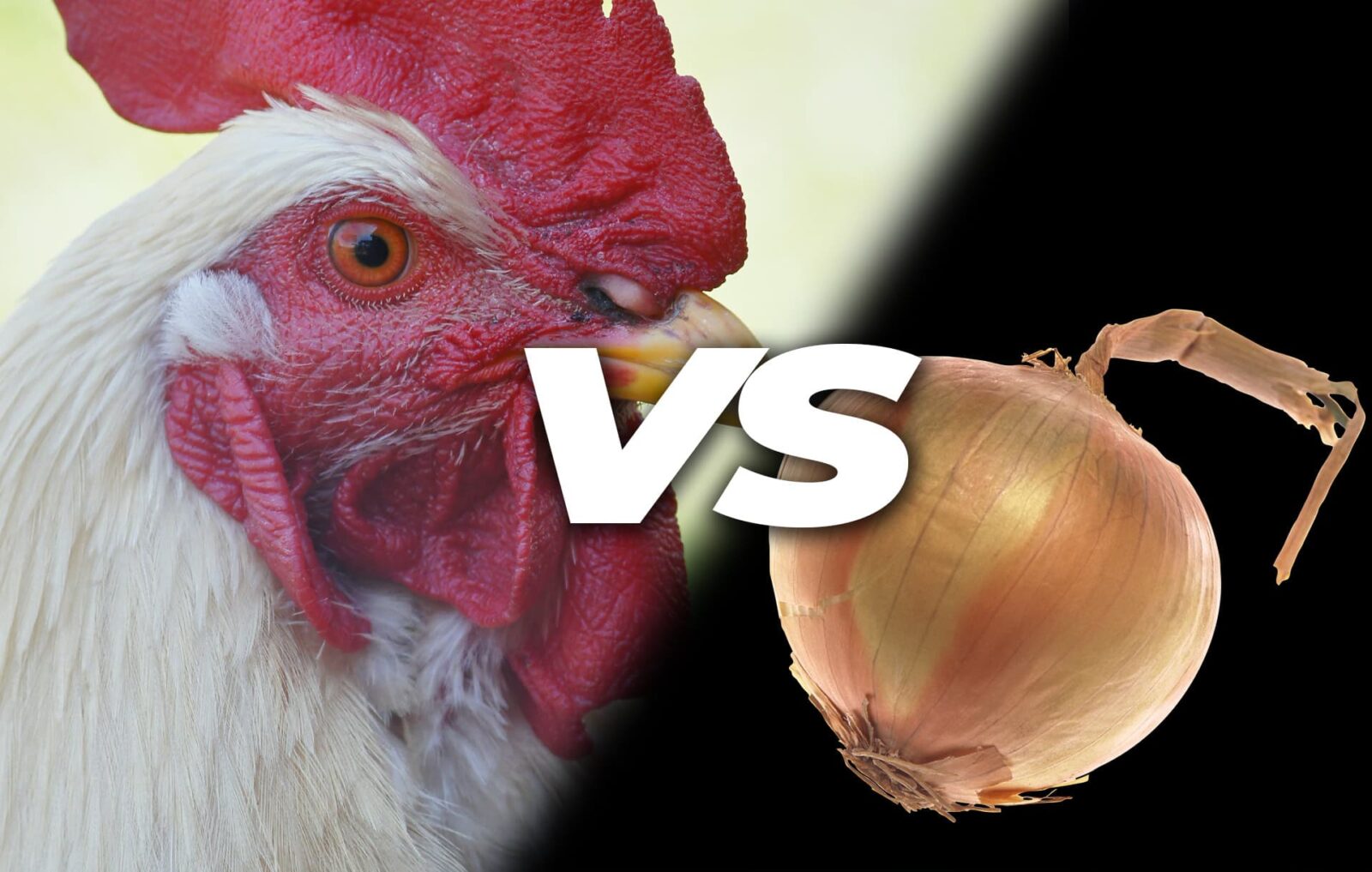
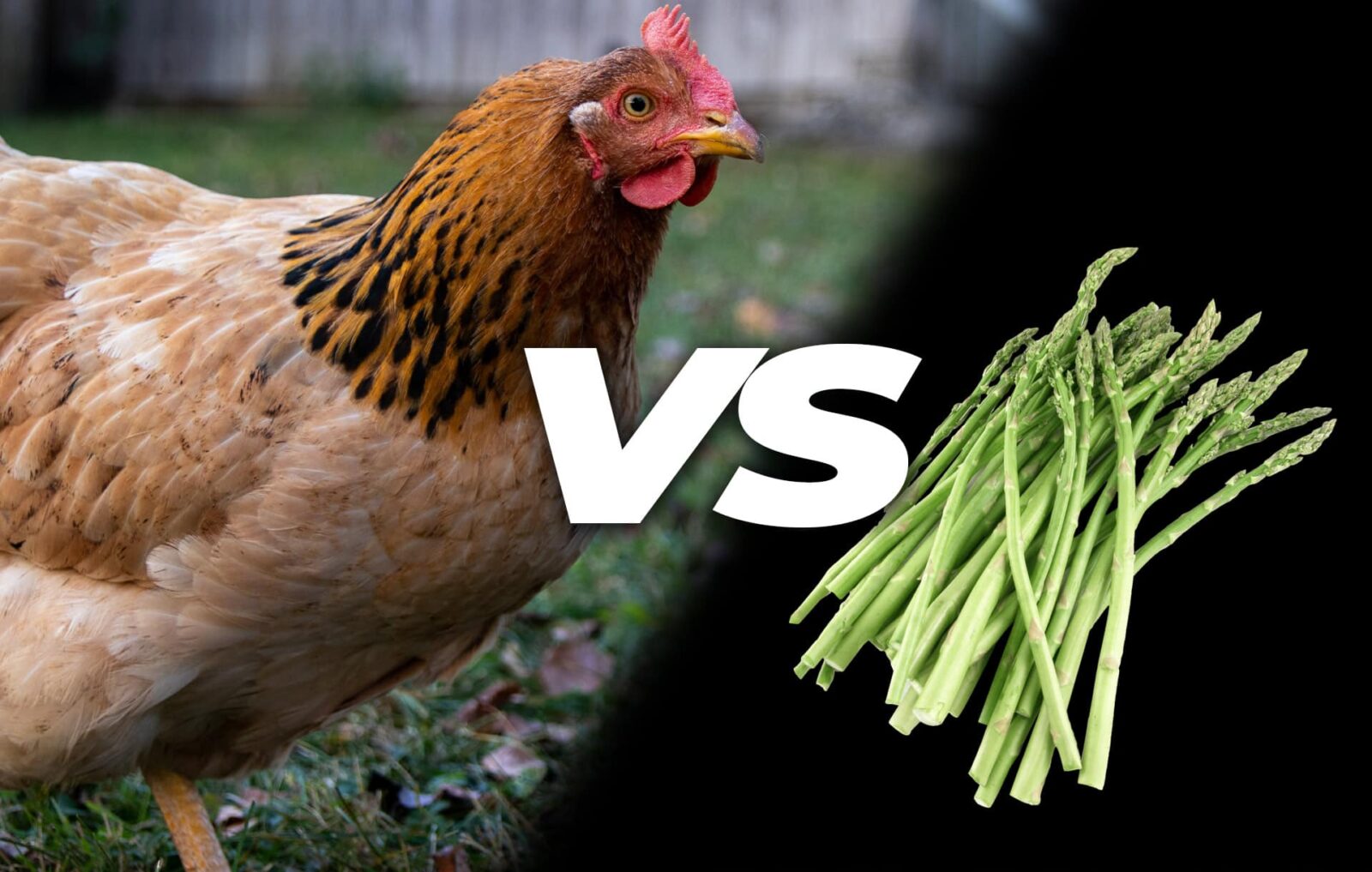
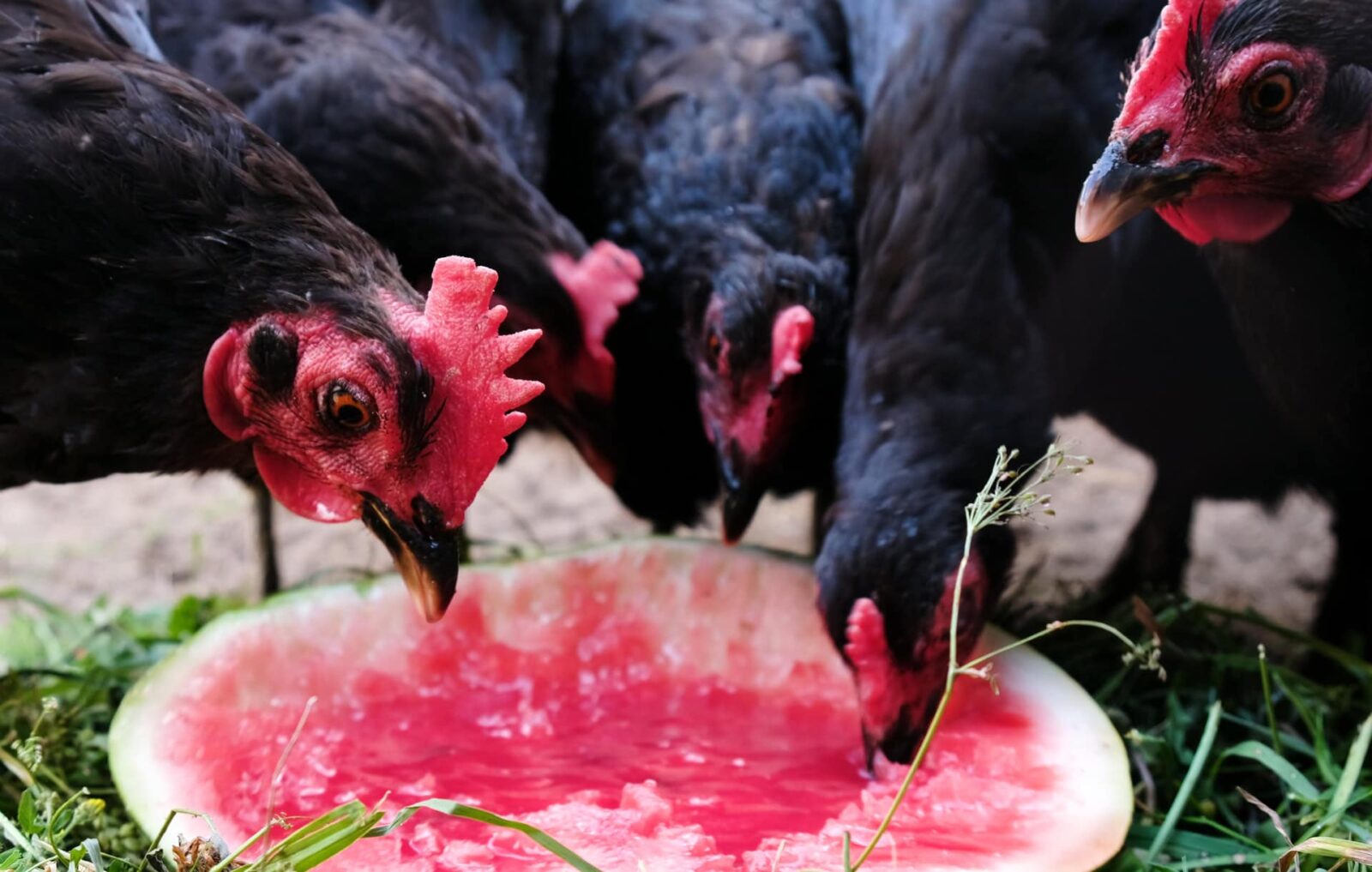

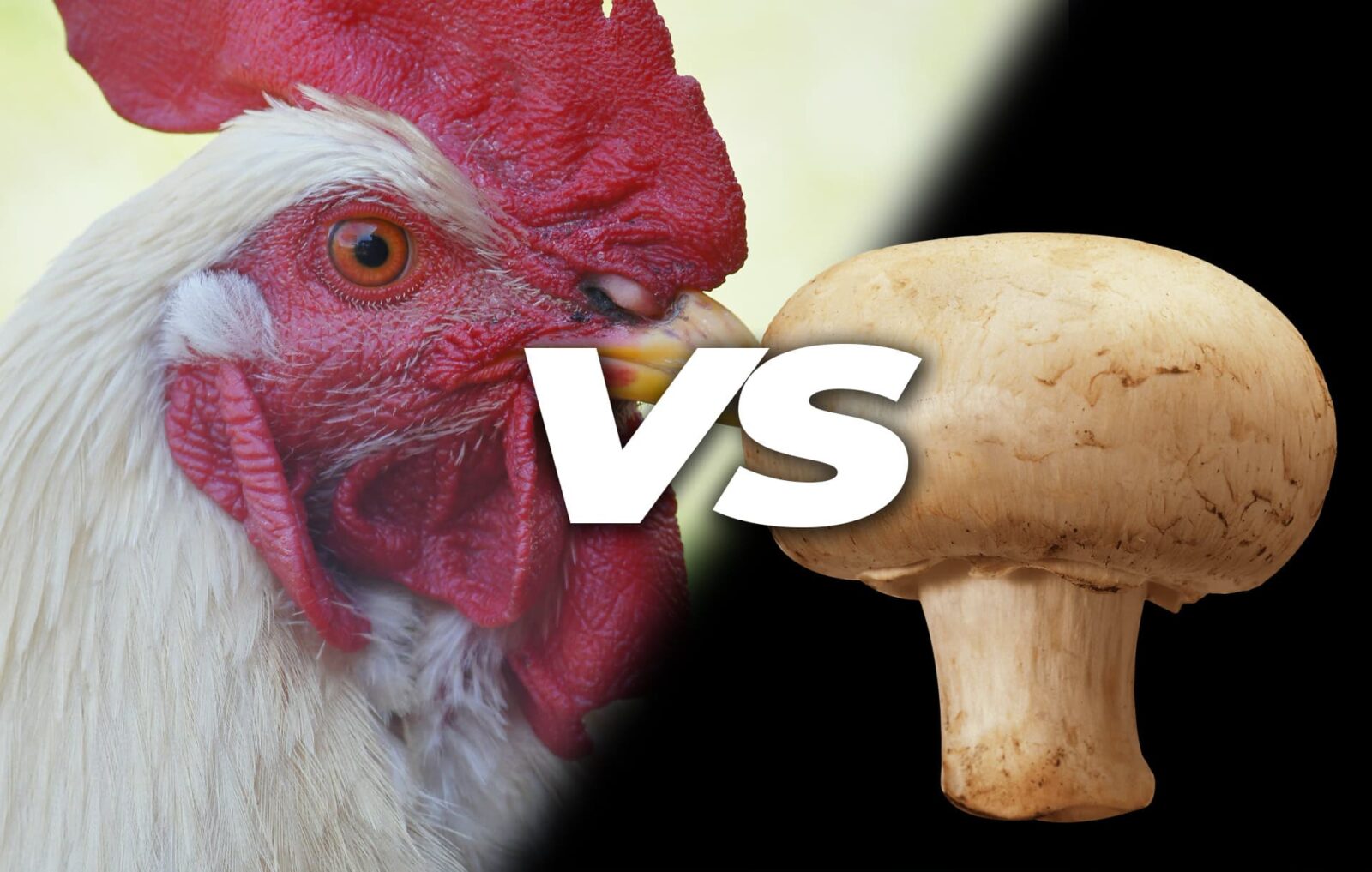
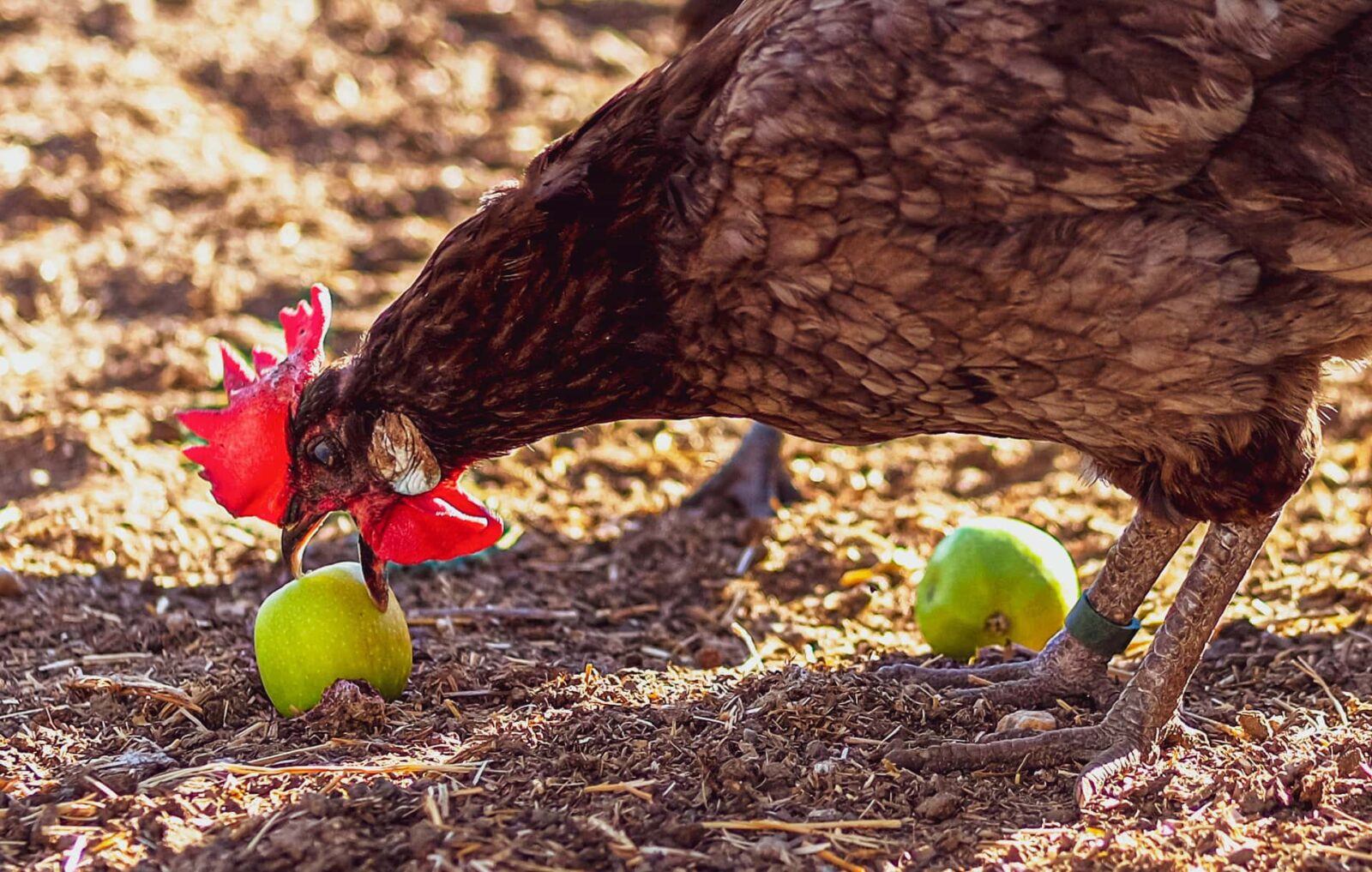


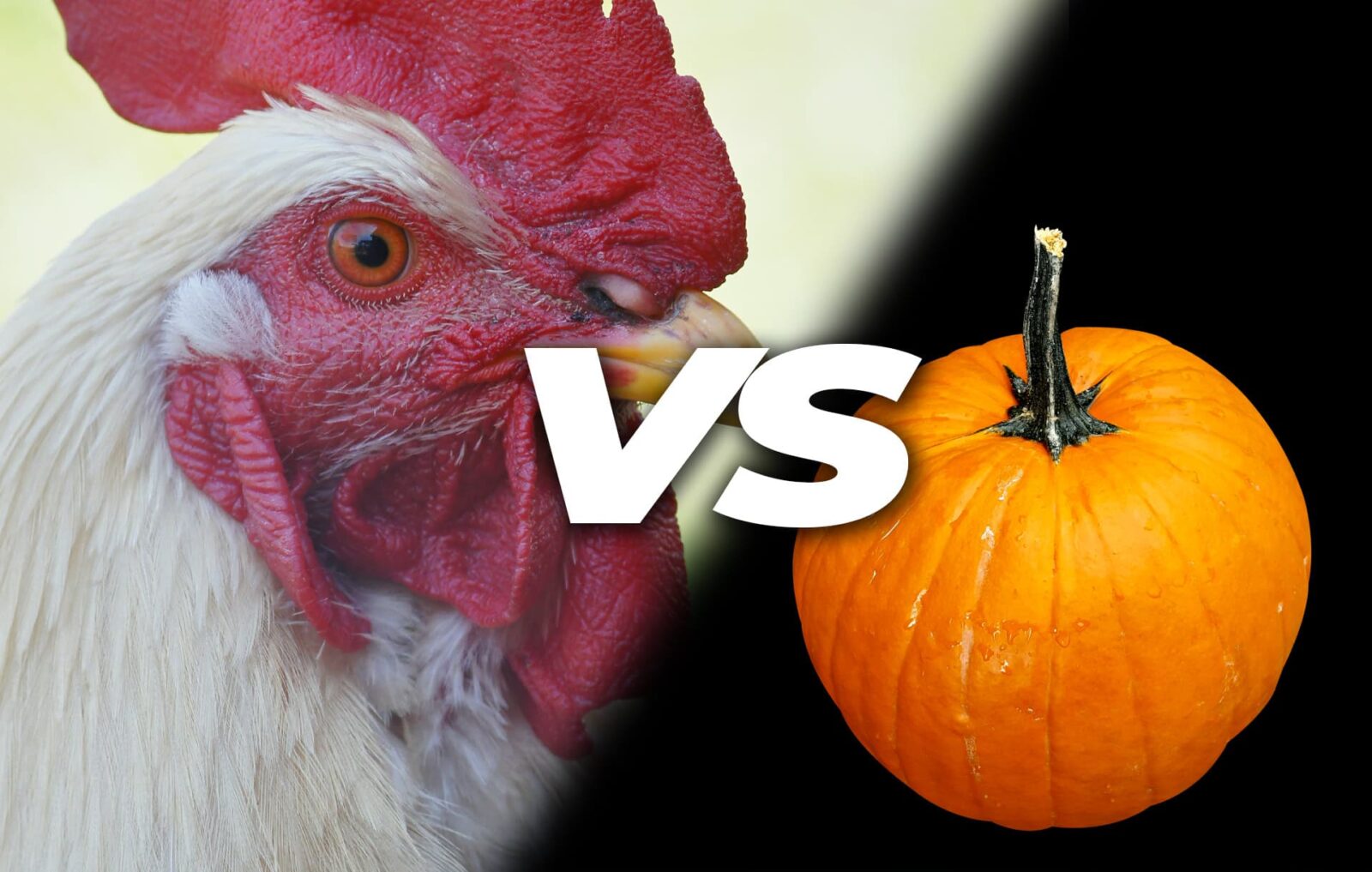

Leave a Reply